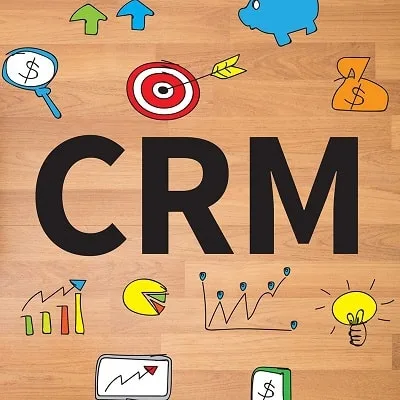
What is CRM Marketing?
CRM marketing is a strategic approach that combines the use of CRM tools and techniques with marketing strategies to build and manage relationships with customers. It focuses on collecting and analyzing customer data from various touchpoints to deliver personalized communications and offers, aiming to enhance customer satisfaction, loyalty, and ultimately, business revenue. CRM marketing places the customer at the heart of the business strategy, tailoring marketing efforts to individual preferences and behaviors.
The main goals of CRM marketing are to:
- Enhance Customer Engagement: By understanding customer preferences and behaviors, businesses can craft tailored messages and offers that resonate with their audience.
- Increase Customer Retention: Personalized interactions foster stronger relationships, reducing customer churn and increasing loyalty.
- Drive Sales Growth: Effective CRM marketing strategies can identify upsell and cross-sell opportunities, converting one-time buyers into repeat customers.
- Improve Customer Satisfaction: By consistently meeting or exceeding customer expectations, businesses can enhance overall satisfaction, leading to positive word-of-mouth and referrals.
How Does CRM Marketing Work?
CRM marketing works by leveraging data to understand and anticipate customer needs and preferences. This involves:
- Data Collection: Gathering customer data from various sources, including social media, email interactions, purchase histories, and website behavior.
- Data Analysis: Using analytical tools within the CRM system to segment customers, predict behaviors, and identify trends.
- Strategy Development: Crafting personalized marketing campaigns based on insights gained from data analysis.
- Implementation and Monitoring: Executing marketing campaigns through chosen channels and continuously monitoring performance to adjust strategies as needed.

When Should You Implement CRM Marketing?
According to Pip casino managers, CRM marketing should be implemented in the following cases:
- Need to improve the efficiency of their marketing efforts.
- Want to increase the personalization of their marketing messages.
- Aim to gain a deeper understanding of their customer base.
- Seek to enhance customer satisfaction and loyalty.
Implementing CRM marketing strategies at these critical points can help businesses to realign their focus on customer needs and preferences, leading to improved business outcomes.
Advantages
CRM marketing offers several advantages, including:
- Enhanced Targeting: The ability to segment customers based on detailed criteria allows for more targeted and effective marketing campaigns.
- Increased Efficiency: Automation tools within CRM systems can streamline marketing processes, saving time and resources.
- Data-Driven Decisions: Access to comprehensive customer data supports informed decision-making and strategy development.
- Improved Customer Experiences: Personalization enhances the customer experience at every touchpoint, increasing engagement and loyalty.
- Greater ROI: By focusing on retaining existing customers and efficiently acquiring new ones, businesses can see a higher return on their marketing investments.
CRM marketing represents a strategic and data-driven approach to building and maintaining customer relationships. By effectively implementing CRM marketing strategies, businesses can achieve a deeper connection with their customers, leading to increased satisfaction, loyalty, and, ultimately, revenue growth.
